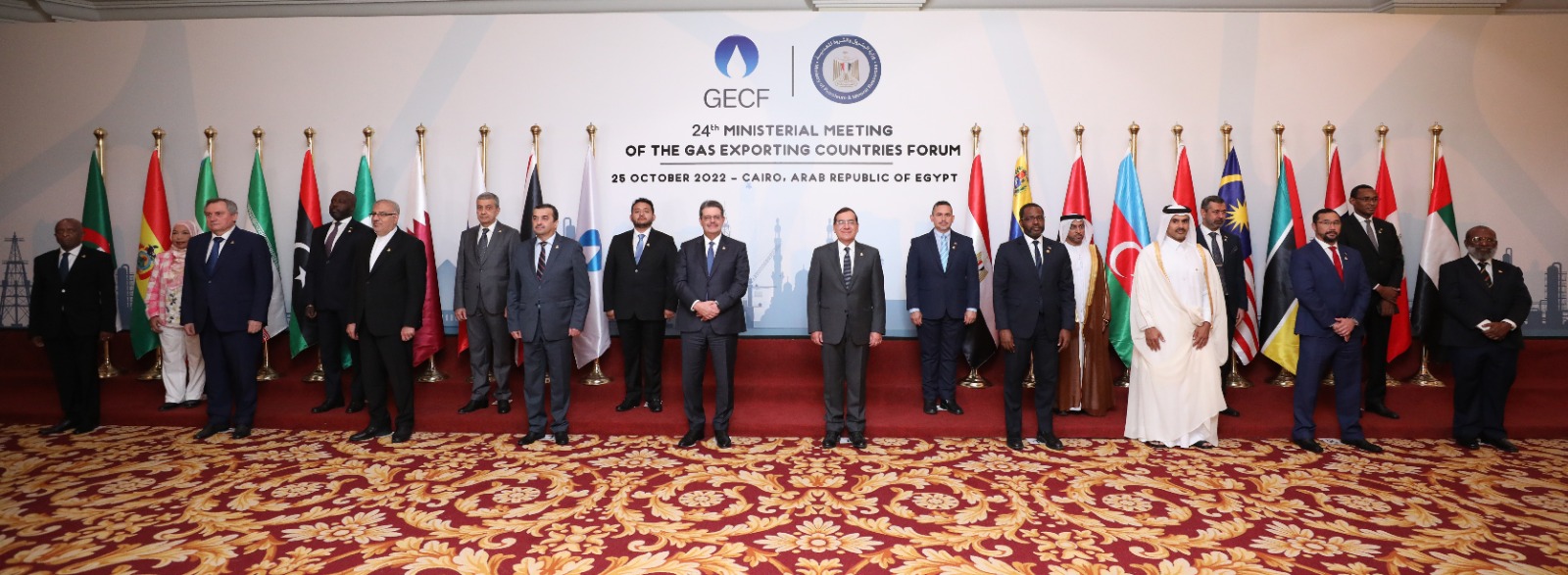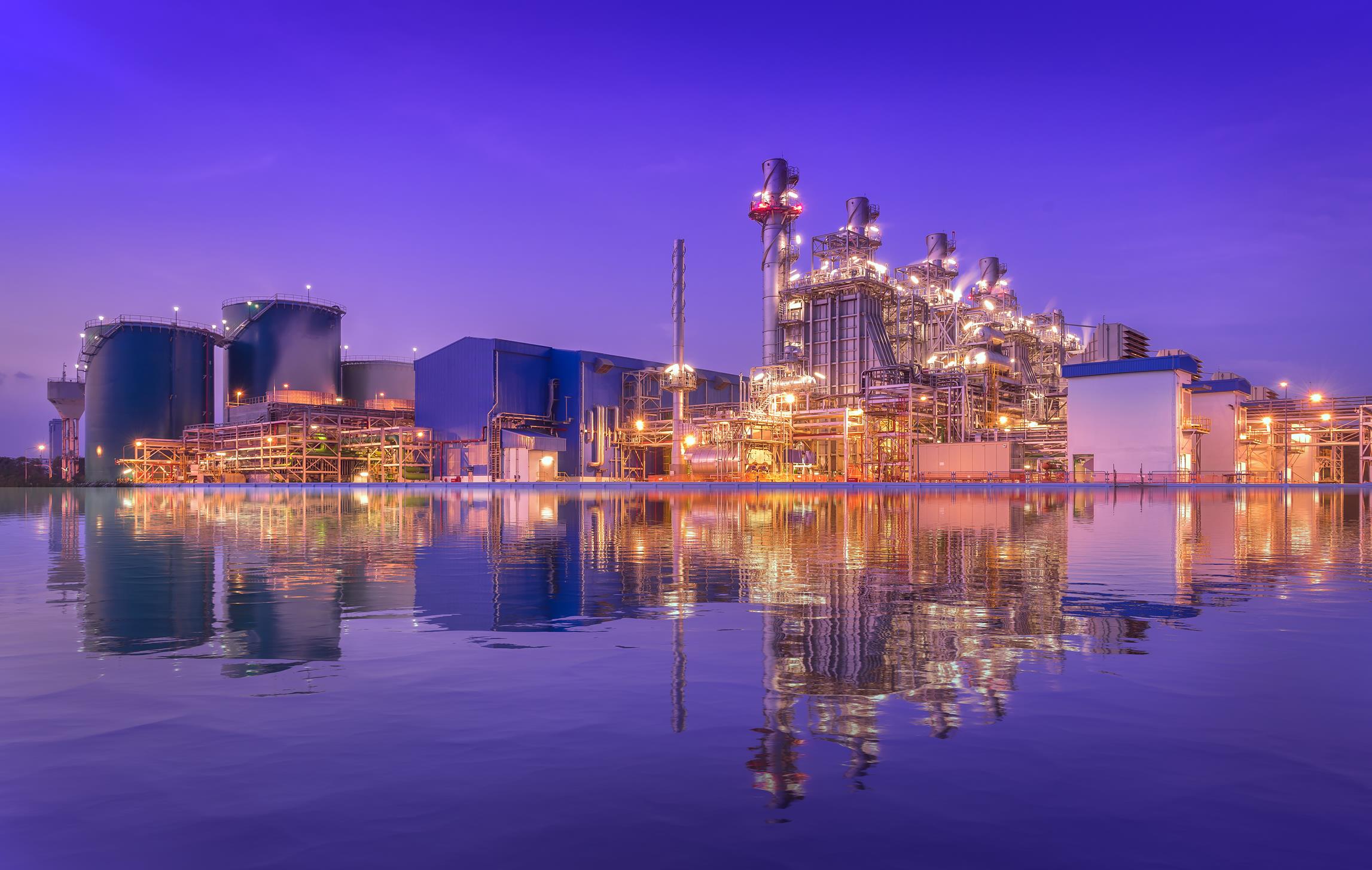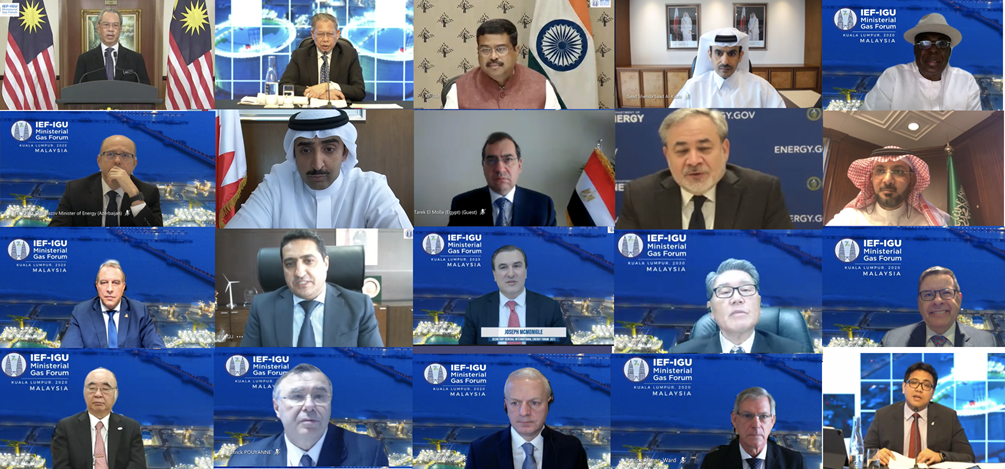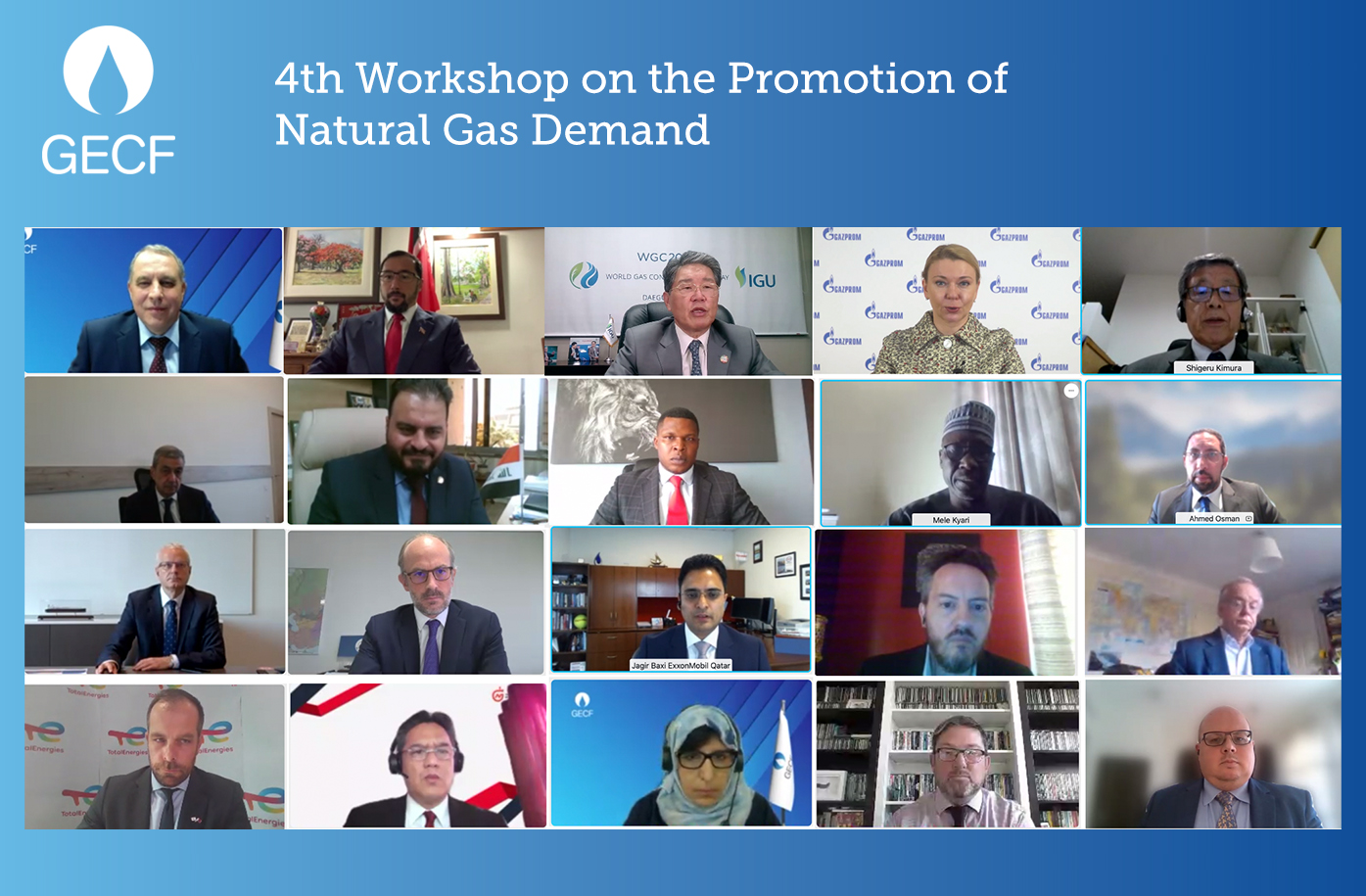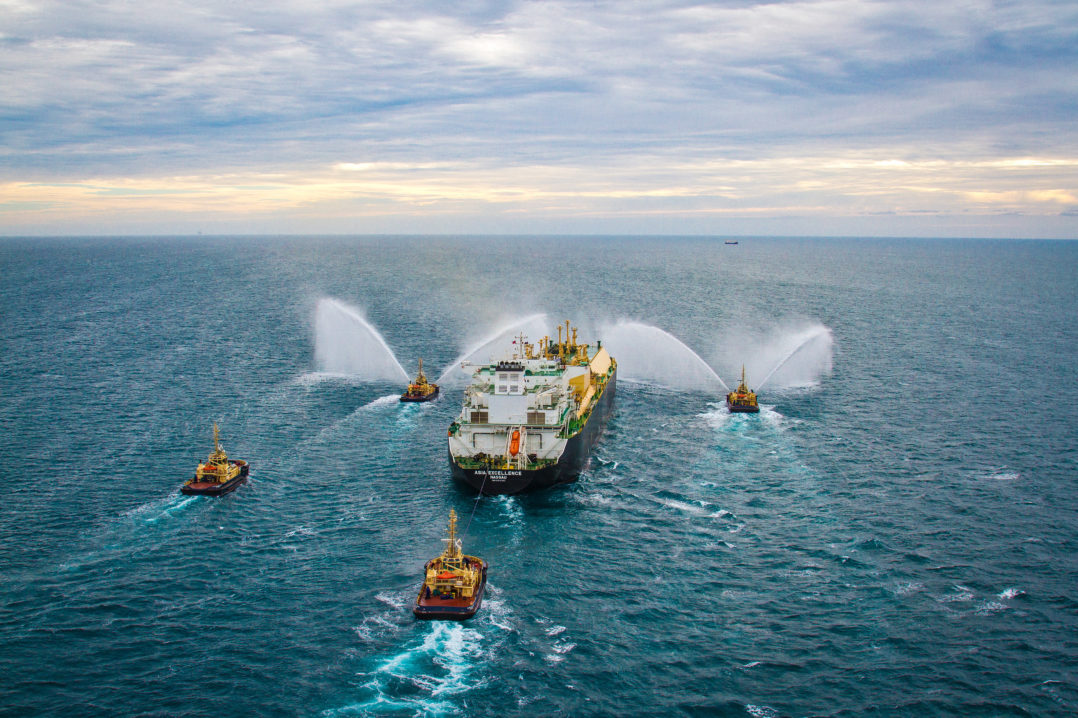A Ministerial Meeting of the Gas Exporting Countries Forum (GECF) in Cairo has seen energy ministers reiterating their support for natural gas for energy and their right to explore for the hydrocarbon and benefit from it.
El Molla, Minister of Petroleum and Mineral Resources of Egypt, chaired the meeting in his capacity as President of the GECF Ministerial Meeting for 2022.
The meeting was attended by the energy ministers and top officials from Members Algeria, Bolivia, Egypt, Equatorial Guinea, Iran, Qatar, Russia, Trinidad and Tobago, and Venezuela, as well as observers from Angola, Azerbaijan, Iraq, Malaysia, Mozambique, and the UAE.
The Minister in charge of energy of Papua New Guinea attended the meeting as a guest, as well as a high-level official from Mauritania.
In his opening remarks, HE Minister El Molla said: “We are convening at a critical time when global efforts are dedicated towards achieving the energy trilemma for security, sustainability and affordability. As the cleanest hydrocarbon fuel, natural gas is seen as the perfect solution that strikes the right balance, and will continue to play a key role in the future energy mix. Egypt is eager to work closely with all GECF members to develop applicable and realistic initiatives that ensure both energy security and a just energy transition pathway.”
The Ministerial Meeting emphasised the GECF objective of supporting the permanent sovereignty of its member countries over their natural resources and their ability to independently plan and manage the sustainable, efficient, and environmentally conscious development, use, and conservation of natural gas resources for the benefit of their people, including through cooperation with neighbouring countries without restrictions.
It also reiterated the importance of cooperation and coordination between Member Countries and reaffirmed its support for genuine and strengthened dialogue between producers, consumers, and other relevant stakeholders with the objective to ensure the security of demand and the security of supply, as well as open, transparent, unhindered, and non-discriminatory gas markets.
The Meeting underscored that natural gas markets are undergoing dramatic changes in terms of physical flows, market functioning, contractual arrangements, and investment. It observed that while gas hubs experience extreme volatility, long-term gas contract prices are more stable and predictable. It expressed great concern with regard to the attempts to alter the price discovery and risk management functions of markets, and to impose politically-driven price caps. It underlined that such artificial intervention in market functioning can only aggravate market tightness, discourage investment, and be detrimental to producers and consumers alike.
It observed that underinvestment since 2015 on the back of very low gas prices and misguided calls to stop investing in natural gas projects resulted in supply-demand imbalance, which has been exacerbated by geopolitical tensions and as Europe became the preferred destination for LNG cargos to compensate for reduced pipeline flows. Market tightness is expected to continue in the medium-term, as the majority of new projects will come on stream only after 2025.
The Meeting listened to a presentation on the global gas outlook, which projects that natural gas share in the energy mix will increase from 23% today to 26% in 2050, underpinned by population growth, doubling of world GDP, improved standards of living, and policies and technology aimed at improving air quality and mitigating climate change. The Meeting reaffirmed that natural gas, the cleanest burning hydrocarbon, will play a pivotal role in sustainable development and in a just and inclusive energy transition. It constitutes a key lever to meet the UN Sustainable Development Goals (SDG) and the Paris Agreement’s long-term objectives.
The Meeting expressed its support for the African countries in their fight for alleviating energy poverty, in particular through unhindered access to financial resources as well as improved energy security with the view to bring prosperity to their people. It called for cooperation, consistent with UN SDG 7, and the overarching principle of common but differentiated responsibilities in the Paris Agreement, to ensure sufficient investments and financing in all segments of the value chain on the African continent, as well as to provide balanced risk sharing between producers and consumers in order for natural gas to support the least developed and developing countries in their fight to improve food security and alleviate energy poverty to ensure just and inclusive energy transition that leaves no one behind.
The Meeting congratulated Egypt for holding this year the UN Climate Conference,
COP 27, and expressed its hope and support for the great success of this important Conference and noted that COP 28 will also be organised in a GECF member country, the United Arab Emirates. COP 27 and COP 28 present a great opportunity to make a case for gas in the energy transition as well as to meet UN Sustainable Development Goals, and in particular in Africa’s development.

